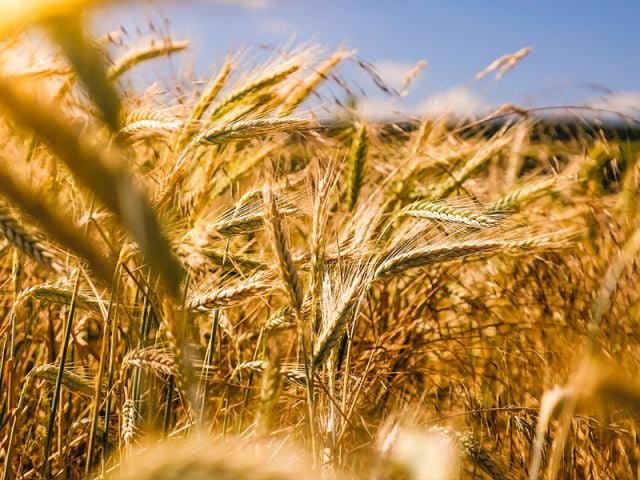Displaying 1 - 24 of 862
Double Dipping: How Taxpayers Subsidize Farmers Twice for Crop Losses
Between 2014 and 2015, three federal farm subsidy programs paid farmers multiple times for the same loss in crop yield or decline in crop price.

Double Dipping: How Taxpayers Subsidize Farmers Twice for Crop Losses

Triple dipping: How some farmers got paid three times for the same decreases in crop prices

How green is your Halloween?

How to Breathe Safer as California Wildfires Rage On

Tips for a healthier summer picnic

Tips to avoid BPA exposure

How to Have Your Healthiest Summer Cookout Ever

EWG's Tips for Parents: The Series

Healthy Home Tips for your holiday kitchen
Easy Tips for Healthier Holiday Beverages
'Tis the season for hot holiday beverages. Hot chocolate, apple cider and other warm, comforting drinks are popular with kids and parents alike. But these treats can pack a ton of calories and sugar...

How to Improve Air Quality at Your Children’s School
A healthy, resting adult takes 12 to 20 breaths per minute.

How to Prevent Dangerous Salmonella Infections in Children

Valley Farms 'Double Dipping' Subsidies
EWG's Tips for Avoiding Pesticides
Infant formula: How to choose it & use it

EWG's Sunscreen Quick Tips

How Big Ag Taps Into Taxpayers' Pockets -- Twice
EWG's Tips to avoid BPA exposure

Healthy Home Tip: Green cleaning this spring

Ask EWG: How To Choose the Best Sunscreen for Your Kids
As with so many things in parenting, choosing a sunscreen for kids can be confusing and anxiety-provoking. You don't want your kids to get sunburned or have other skin damage that can lead to...

How to give kids a green and healthy start

Skin Deep and Healthy Home Tips Across the Web
Healthy Home Tip 4: Pick plastics carefully
